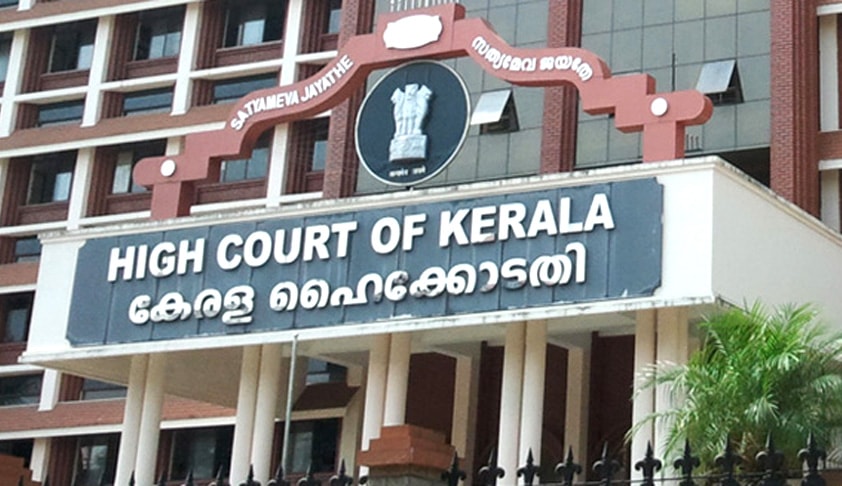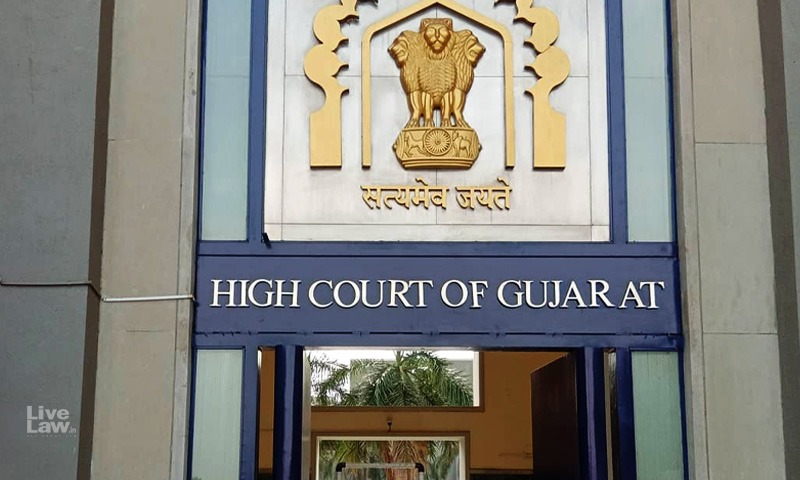Shashi Kant Gupta, J.@mdashThis application u/s. 482 Cr.P.C. has been filed for quashing the summoning order dated 10.01.2013 passed by learned Judicial Magistrate-Ist, Bulandshahar, in Complaint Case No. 1149 of 2012, u/s. 406 I.P.C., P.S. B.B. Nagar, District Bulandshahar, pending in the court of learned Judicial Magistrate-Ist, Bulandshahar. Heard learned counsel for the applicant as well as learned A.G.A. and perused the record
2. The submissions made by the learned counsel for the applicant involve several intricate factual details and many disputed questions of fact related to the case. False implication due to malafide intention has been pleaded.
3. By invoking the inherent jurisdiction of this court the applicants cannot persuade the court to have a pre trial before the actual trial begins. The submissions made by the learned counsel for the applicant call for adjudication on pure questions of fact and while doing so even the submissions made on points of law can also be appropriately gone into by the trial court in this case.
4. The quashing of the complaint can also be done only if it does not disclose any offence or if there is any legal bar which prohibits the proceedings on its basis. The Apex Court decisions in
5. In the absence of any of the grounds recognized by the Apex Court which might justify the quashing of complaint or the impugned proceedings, the prayer for quashing the same is refused as I do not see any abuse of the courts process either. The summoning court has been vested with sufficient powers to discharge the accused even before the stage to frame the charges comes, if for reasons to be recorded it considers the charge to be groundless.
6. As requested, the applicant is permitted to appear before the concerned court within a month from today through his counsel and move an application claiming discharge. The concerned court shall after hearing the counsel decide the application on merits in accordance with law within a period which shall not exceed a period of three months from today.
7. No coercive measures shall be adopted against the applicant for a period of three months from today or till disposal of the discharge application, whichever is earlier.
8. If the concerned court after hearing the counsel for the accused feels persuaded to have the view that the accused ought not to have been summoned and the charge is groundless it shall not abstain from discharging the accused only on the ground that the material available at the time of summoning was the same which is available on record at the time of hearing the discharge application u/s. 245(2) Cr.P.C. On the other hand if the lower court even after hearing the counsel for accused holds the view that the accused has been rightly summoned and the material produced by the complainant does not indicate the charges to be groundless it shall make an order to that effect and proceed further in the matter in accordance with law and shall also be free to adopt such measures to procure the attendance of the accused as the law permits.
9. It is clarified that if applicant does not avail of this order within the stipulated period of time no application for extension of time shall be entertained. With the above observations, this application stands disposed of.

